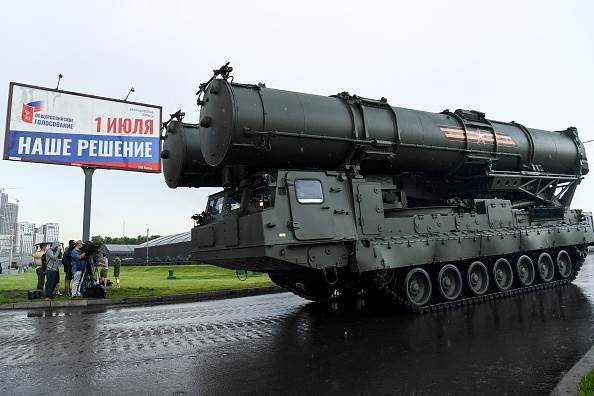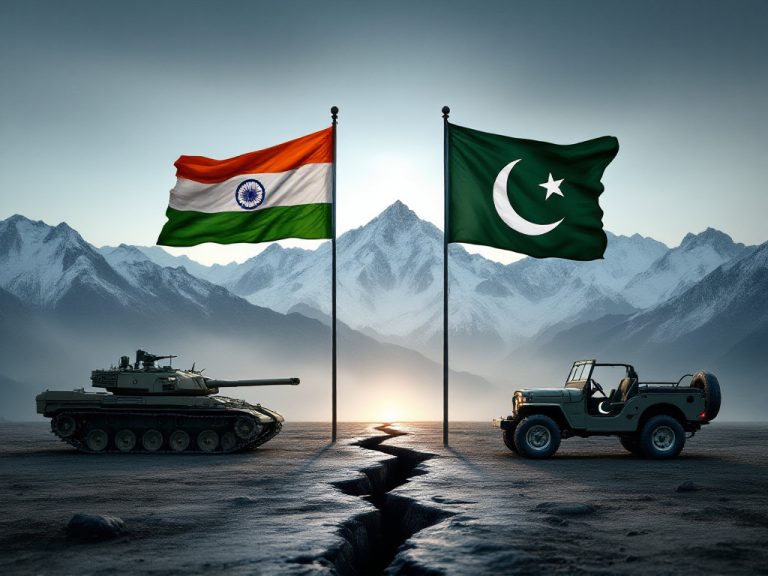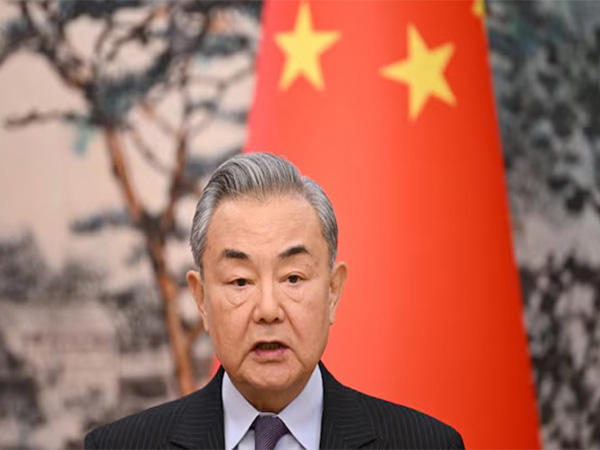Pakistan destroyed India’s S-400 air defense system?

Amid escalating tensions between India and Pakistan, sensational reports claiming the destruction of India’s advanced S-400 air defense system have gone viral—but the truth remains shrouded in propaganda. Pakistani media, citing military sources, allege a precision strike by JF-17 jets under "Operation Bunyan-un-Marsoos," while India’s government dismisses these claims as "baseless misinformation." With no independent verification and both sides doubling down on conflicting narratives, the incident underscores the fog of war—and the dangerous role of disinformation in modern conflict. Who’s telling the truth? The answer, for now, may lie somewhere in between.







